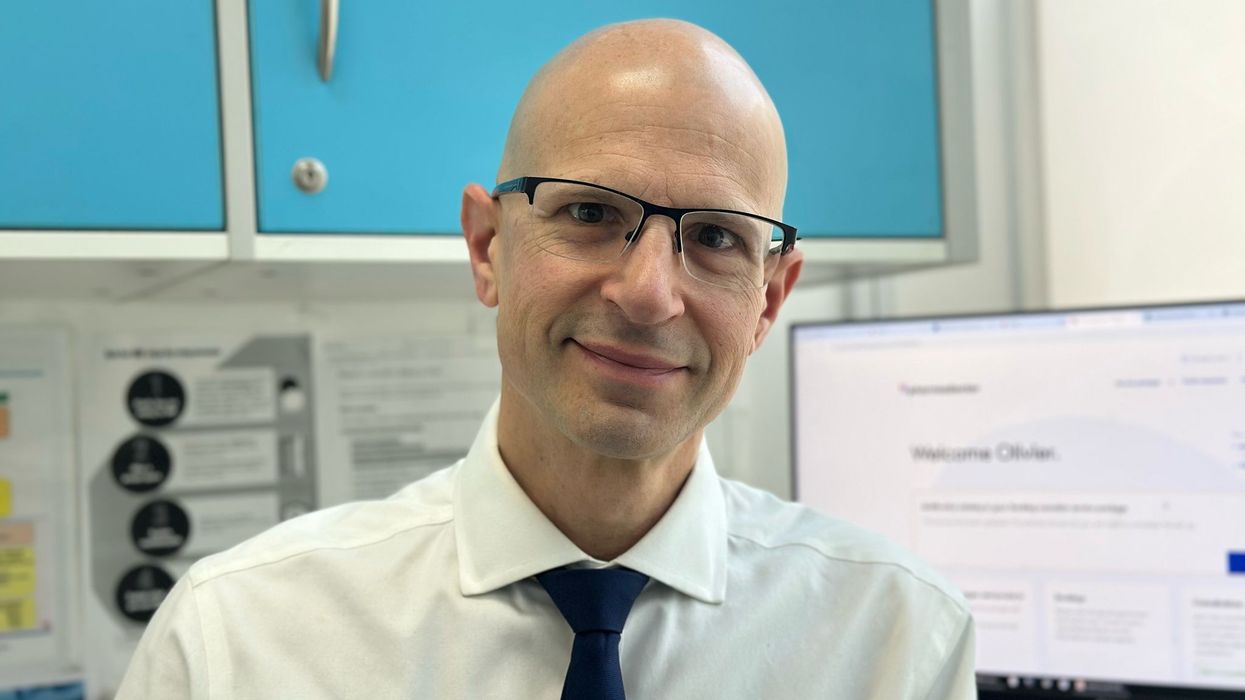By Graham Phillips
In the 1960s, roughly 5,000 miles of railway tracks were closed and more than 2,000 stations were axed to cut the mounting debts of the nationalised British Rail.
The name of the architect of what became known as the ‘Beeching Axe’, Dr Richard Beeching, remains associated with the mass closure of railways and the loss of many local services.
Fast forward to December 2015 when the Department of Health revealed that it was going to cut community pharmacy funding to make the National Health Service more efficient.
Shockwaves ran through the sector then and community pharmacies are feeling the impact even now, four years on.
A total of 223 pharmacies closed in the first two years and the trend continues to date.
The latest victim, Summerhill Pharmacy in Ramsgate, shut its doors for good on Saturday, February 1.
Customers of the pharmacy received text messages informing them of the closure and the need to redirect any repeat prescription orders.
A notice at the pharmacy says: “We are very sorry to announce the closure of Summerhill Pharmacy. Government cutbacks mean that we, along with Boots, Lloyds and others, can no longer afford to run some stores and we have no option but to close permanently”.
One down, 2,999 to go – of the three thousand predicted to fold up!
As it happens, Summerhill pharmacy belongs to me; we have two others in Thanet.
Meanwhile, despite government promises, GP surgeries are shutting and merging at an ever-increasing rate.
This is partly about finance but mainly because GPs are stressed, over-worked and demoralised.
Many are taking early retirement.
Unlike us, they can afford to hand back their NHS contract and live on the generous NHS pension they’ve accumulated (opportunities, of course, that we in community pharmacy are denied).
Small wonder there’s a GP recruitment crisis.
According to the Royal College of GPs we are around 16,000 GPs short and the government is now hosing money at the GP network in a belated attempt to stabilise it.
But it takes a minimum of 10 years to train a GP; there’s no chance that the Government’s strategy will achieve its ends anytime soon. Retirement continues to outpace recruitment.
Readers of Pharmacy Business will be all too well aware that community pharmacy can take a lot of pressure off GPs – approximately 30 per cent of workload – and hospitals – 8 per cent of A&E visits alone.
In Scotland and Wales, the respective NHS’ organisations are investing in community pharmacies to reduce pressure on the system.
Whereas, in stark contrast, NHS England wants to force local pharmacies, such as yours, to close.
This is being done by means of indiscriminate financial attrition.
Like you, we are not protected despite the numerous awards we have won, and the incredibly high satisfaction our patients have in our services.
Of the three largest multiples, Lloyds have sold or closed 200 branches (with more to come).
Boots plan to close at least 200 and Rowlands around 100.
What hope it there for the little guys like you and me?
So, despite the fact that Summerhill Pharmacy is the only pharmacy in the area, and despite the exceptional service we offer (the Summerhill community is a high-need community), and despite the fact we are open 100 hours per week to serve people, the pharmacy had been losing money every month.
We simply could not sustain the loss and had to close.
The local surgery, also called Summerhill, is a vulnerable surgery serving a vulnerable population.
GPs in that part of Thanet are rarer than hen’s teeth and as for GP partners? Forget it!
We take workload off the surgery on a daily basis, dealing with queries, assisting with smoking cessation and correcting the odd prescribing error.
Then there’s the saving on the drugs budget – for example suggesting a cheap, generic alternative to 300ml alemamazine syrup represcribed following a hospital in-patient stay, thereby saving the practice £300 at a stroke.
All gone.
We serve exactly the sort of disillusioned “left behind” population that politicians are so concerned about these days.
Meanwhile, in the railway world, the cost of HS2 which the government has just announced will go ahead at the eye-watering cost of £106 billion.
This is what happens when political vandalism sacrifices an infrastructure on the altar of an ideology remote from the reality of people’s everyday lives.
By the time the government realises it has wrecked the network of independent community pharmacies, it will be too late, and too expensive, to rectify.
Graham Phillips who once owned a group of 10 pharmacies now owns three. He’s also the founder of prolongevity.co.uk.
This article also appears in the March issue of Pharmacy Business.











